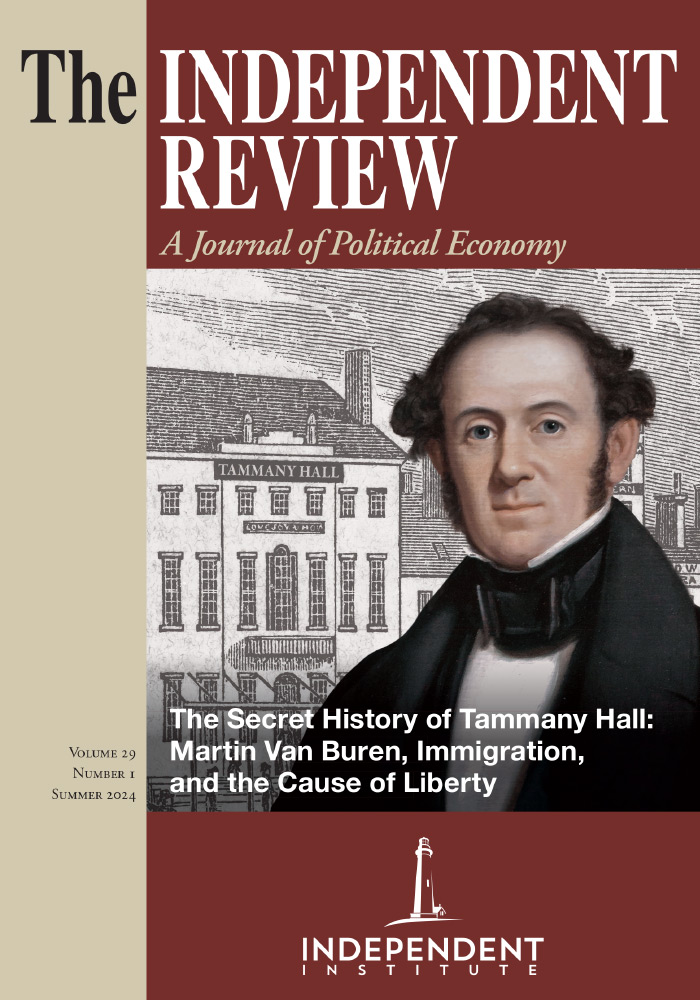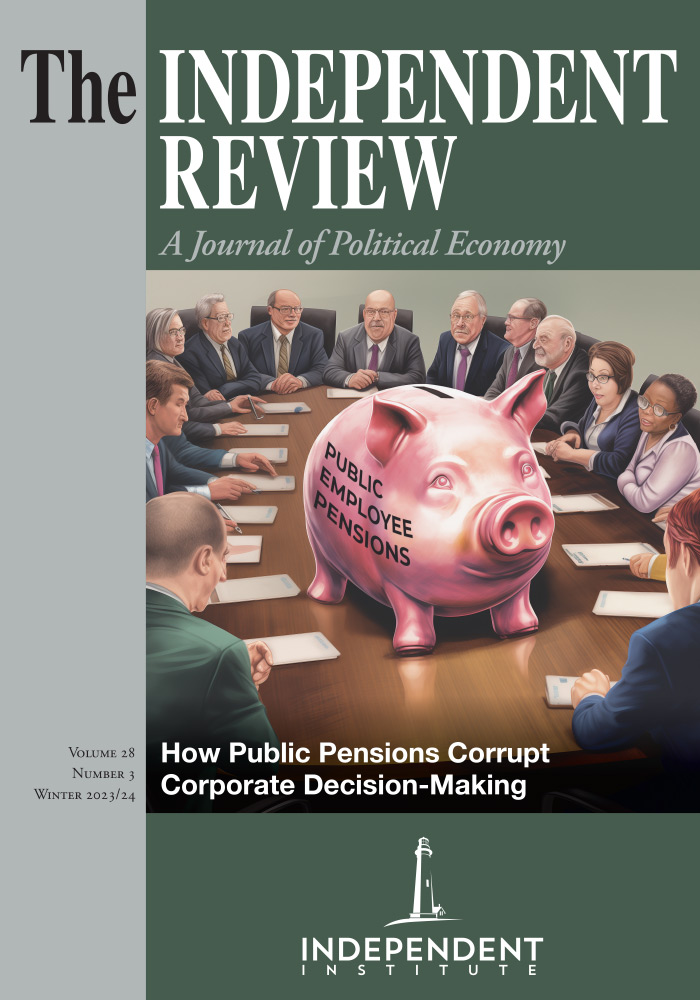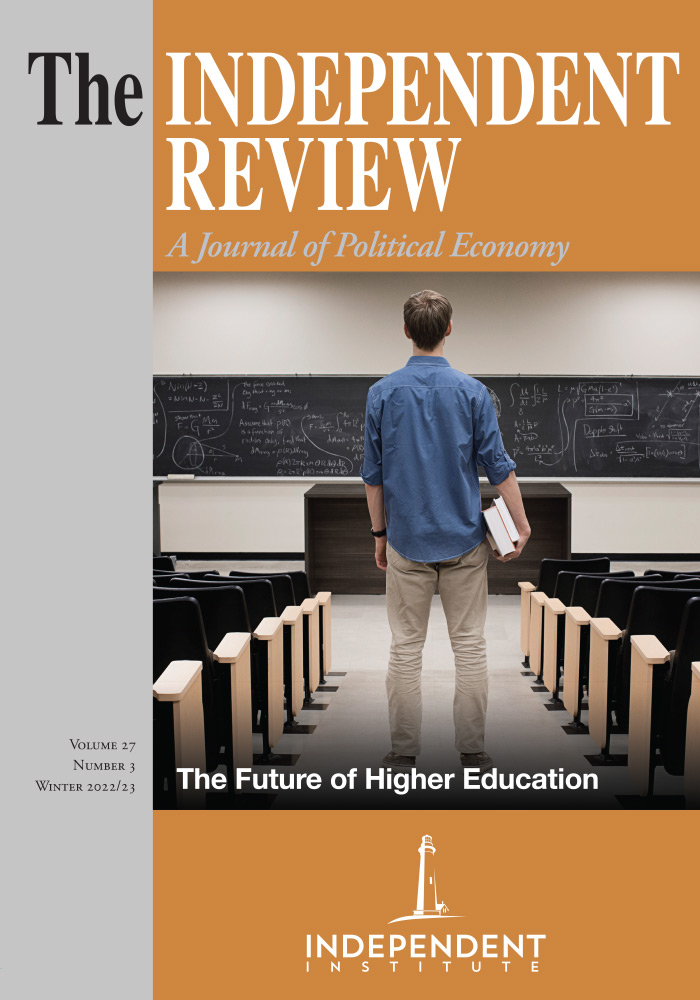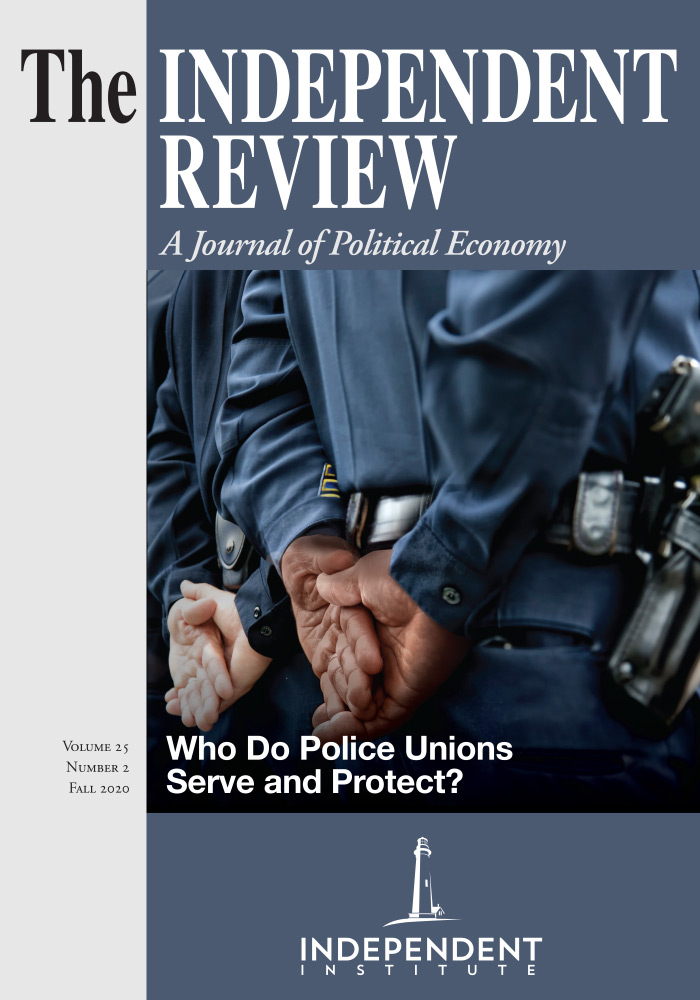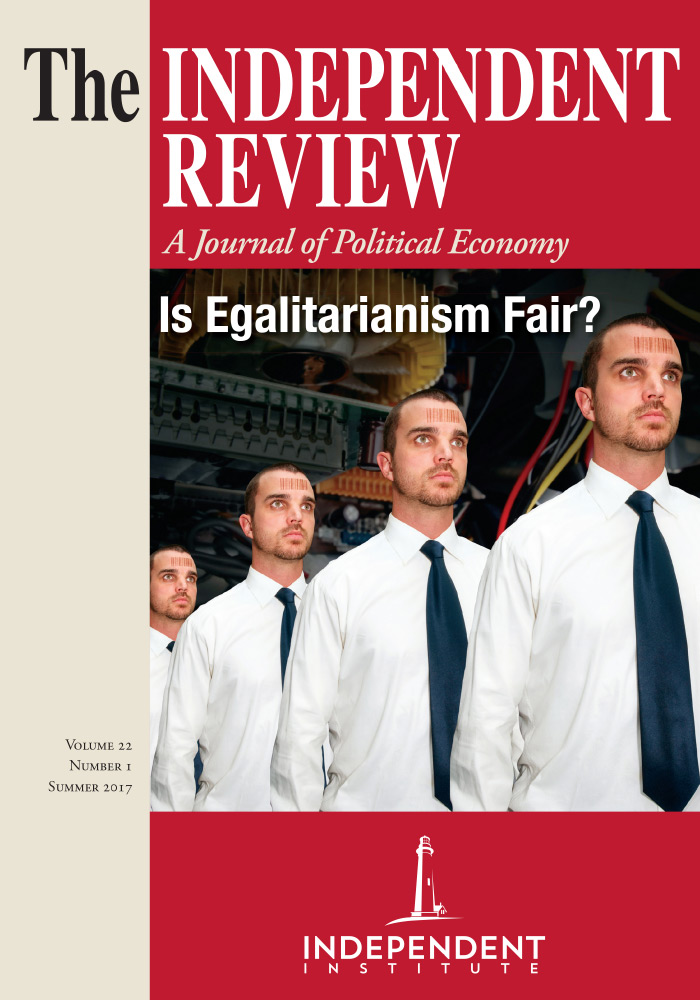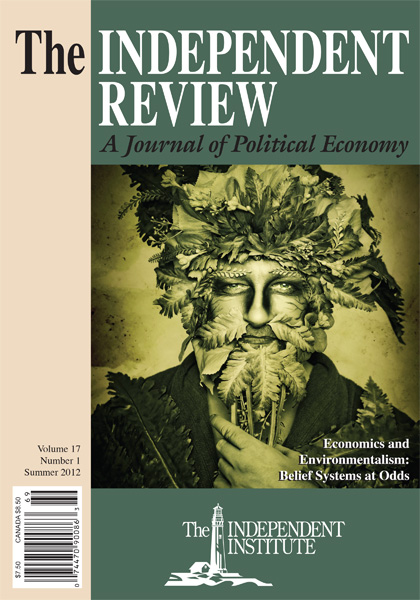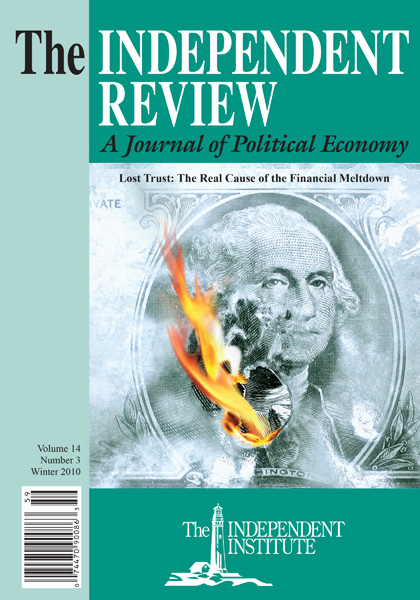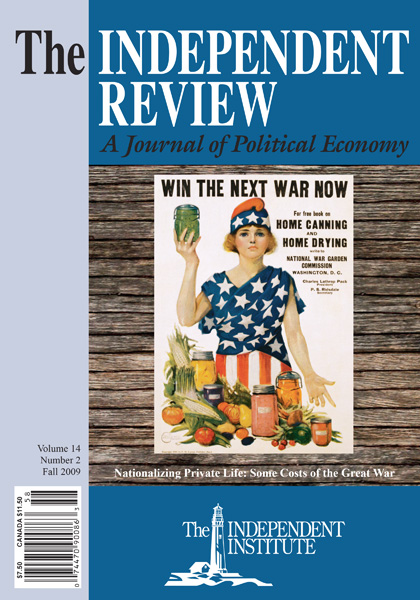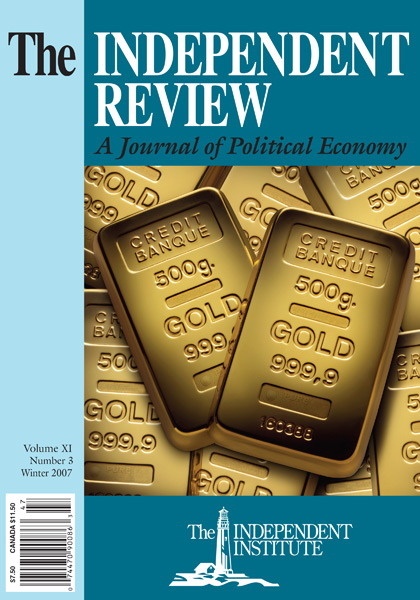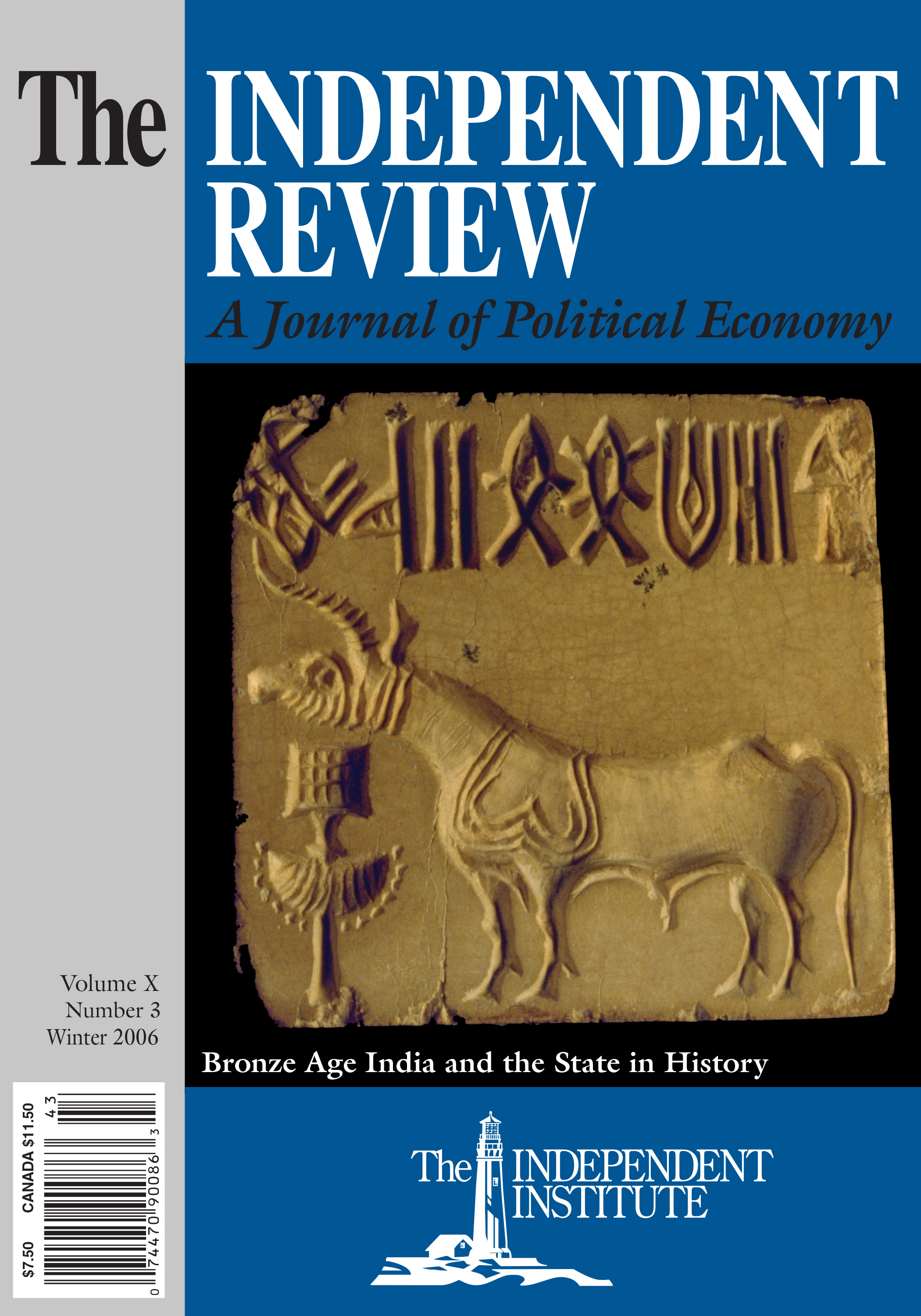“Nobody wants to be perfectly transparent; not to others, certainly not to himself.”
—Nassim Nicholas Taleb, The Bed of Procrustes (2010)
“[Transparency] in government activities leads to reduced corruption, better government and stronger democracies. All governments can benefit from increased scrutiny by the world community, as well as their own people. We believe this scrutiny requires information. Historically that information has been costly—in terms of human life and human rights. But with technological advances ... the risks of conveying important information can be lowered.”
—Mission Statement, WikiLeaks
There is a widespread faith within many democratic societies in the benefits of transparency. Many believe that the government should be mostly transparent to its citizenry, except perhaps with respect to national security. Since citizens participate in governance through voting and other means, citizens within a democratic society should be aware of the actions and decisions of the government tasked with representing their interests. However, despite the benefits enabled or resulting from transparency with respect to democratic governance, transparency has various dark sides with respect to that same governance—as economist Thomas Sowell often observes: there are no solutions, there are only tradeoffs.[1]
This is roughly the argument made by Brian Kogelmann’s Secret Government: The Pathologies of Publicity[2]: legislative and deliberative transparency have benefits and costs within a democracy, even though citizens and politicians in democracies often only focus on the former. Let us begin with some of the benefits. First, it permits citizens from diverse religious, cultural, and moral viewpoints to check whether they are dutifully represented in deliberations over new laws and policies. In a diverse democracy, long-standing political coalitions exclude other coalitions and groups with less power from the democratic process, potentially fracturing it.[3] The second is that transparency may inhibit the capture of governmental levers of power by special interest groups claiming to represent voter and citizen interests, but only aiming to enrich themselves. This is harder to pull off when deliberation is transparent.
Despite the many benefits of transparency, though, there are benefits to legislators deliberating behind closed doors, where voters remain ignorant of the deliberations and proceedings. The first benefit is allowing legislators the low-cost opportunity to change their minds. It is difficult to exaggerate the pressure legislators are under from partisans and voters to stay steadfast in their political positions. During negotiations with opposition party members, politicians may realize that their position could be improved—plans and policies must sometimes bend to circumstance. Senators may sincerely change their mind about their preferred policy. However, if legislative deliberations are transparent to voters, it may be challenging for senators to admit a mistake for fear that they will lose political support. People do not like changes of mind in the confines of tribal and partisan disputes, perhaps because a change of mind could signal to voters that one is insufficiently principled.[4] As Kogelmann convincingly argues,
[It] is certainly true that citizens generally dislike it when those representing them change their positions. This incentivizes politicians to remain steadfast, which makes compromise difficult. Secrecy reduces this barrier to compromise, as it is now impossible to determine whether a politician has changed views over the course of a debate. With secrecy, the public only knows the outcome of the debate; in the case of the convention, the public only knew what constitution was ultimately decided on. Shrouded in opacity, politicians need not worry about altering their positions as the debate proceeds. This facilitates compromise.[5] (2021, 66)
The second benefit of deliberating behind closed doors is the heightened ability to compromise: politics are an extremely tribal matter, and politicians are often unwilling to compromise due to fear of reputational harm. In a democracy, we must often compromise to a degree if we want a chance at getting concessions from the other side—one shouldn’t expect the political opposition to concede ground if one is unwilling to reciprocate. To make a concession, though, is to admit, if only implicitly, that one isn’t principled and committed to their views. However, there are many cases, where in the process of formulating complex legislation, especially in a diverse democracy, where compromise is the only avenue toward progress—politicians who stick to their guns rarely get what they want, except when their party is firmly in control, and perhaps not even then.
In the midst of partisan rancor, it can be too easy to ignore the real-world implications of various policies and focus instead on how one will appear to their most ardent voters and supporters. The incentives here often cut against legislative gains when the political costs are too high: when incentives to appear committed and principled to voters diverges from incentives to govern well, the loser is often legislative compromise. This is similar to the motivational dynamics underlying charitable giving: people tend to be motivated to donate to charities to look good to others. When looking good to others and giving to effective charities diverge, we often choose charities that are well-known, even if ineffective, because donating to a well-known charity is often a better route to reputation boosts.[6] Similarly, when looking good to voters and governing well diverge, as they sometimes do, politicians will often choose to look good to voters and donors at the expense of good governance. Politicians who too often ignore how they appear to voters are more likely to be replaced by politicians who do not ignore such things.
And finally, identifying flaws in policy proposals can be hard, especially without feedback from credible opposition. And the same applies to written work: the author may have a rough idea of how the piece should be written, but will likely discover, upon setting out to write the piece that plans require modification. So, too, with legislation: partisan politicians may be unable to see the downsides of their proposed law or policy without vetting by determined opposition and be too intimidated by partisans and voters to seek opposition feedback—one often needs to hear from motivated opposition to fully appreciate the other side of the argument. As the philosopher John Stuart Mill plausibly argued in his defense of free speech,
He who knows only his own side of the case, knows little of that. His reasons may be good, and no one may have been able to refute them. But if he is equally unable to refute the reasons on the opposite side; if he does not so much as know what they are, he has no ground for preferring either opinion. ... Nor is it enough that he should hear the arguments of adversaries from his own teachers, presented as they state them, and accompanied by what they offer as refutations. That is not the way to do justice to the arguments or bring them into real contact with his own mind. He must be able to hear them from persons who actually believe them; who defend them in earnest, and do their very utmost for them.[7]
This is partly due to the fact that most of us suffer from motivated reasoning[8]: weighing evidence and reasons more when they support our position, and less when they support the opposition. This tendency can be mitigated by having those reasons and evidence evaluated by motivated critics removed enough from the ideas to stay objectively critical. However, it can be difficult to respond to (even constructive) criticism of a piece of legislation when doing so makes a politician look unprincipled or flaky to voters and partisans. Deliberating behind closed doors, announcing the results only afterward, fosters policy vetting without losing face. Legislators are more likely to explore novel and creative policy solutions, modify their policies in light of constructive, good faith criticism, or compromise on important issues if they rightly fear that such policy expeditions will make them appear unprincipled; deliberating behind closed doors opens up legislation and policy options otherwise foreclosed by reputational and career concerns.
The downsides of transparency in a democracy do not end with legislation. They apply to experts too. As the philosopher Onora O’Neill explains, there is a tension between transparency and trust within a democratic society:
Transparency can encourage people to be less honest so increasing deception and reducing reasons for trust: those who know that everything they say or write is to be made public may massage the truth. Public reports may underplay sensitive information; head teachers and employers may write blandly uninformative reports and references; evasive and uninformative statements may substitute for truth-telling. Demands for universal transparency are likely to encourage ... hypocrisies and half-truths that we usually refer to as “political correctness”, but which might more forthrightly be called either “self-censorship” or “deception.”[9]
O’Neill has a point: people are more likely to break the rule when their actions are transparent to others. Transparency serves a key role in cultivating social trust in public institutions. However, O’Neill notes that transparency can also undercut social trust by incentivizing the fabrication of insincere and false, but publicly appropriate, reasons and justifications. The focus on experts in connection with transparency is warranted by the fact that experts often have reasons that are epistemically and cognitively inaccessible to the public. A physicist might struggle to explain how human activity produces climate change to an audience lacking even basic scientific knowledge. The expert here may be forced by political pressures to manufacture insincere, plausible reasons for public consumption, to justify expert recommendations.
One may be skeptical here. They may suggest that perhaps experts could convey their expertise to the public with simple language and examples—some experts have popularized complicated and nuanced ideas with a great deal of success. Unfortunately, though, expertise can often be hard to clearly explain to those without it, especially in a political context without the necessary time and attention. As Thi Nguyen explains about the difficulty conveying expertise,
[Experts] don’t operate by mechanically applying clear, simple, easily explainable rules. That’s what a beginner does. Such rules help one make the first stumbling moves in a domain. But as one acquires experience and collects feedback, one’s sensitivities, perceptions, and intuitions begin to break away from those simple, explicit rules for action. However, such intuitions are hard to justify in explicit terms and tidy arguments. They depend on a vast storehouse of experience and training. To the extent that an expert is confined to using reasons that can be made explicit, then they cannot fully deploy those trained abilities.[10]
Consider a simple example: it may hard for an adult to explicitly convey how to tie their shoes to children who do not know. Experts face a comparable problem when explaining their expertise to laypersons without the needed background knowledge. By ‘expert’ we mean anyone with a deep knowledge of a topic or skill compared to everyone else[11]. Nguyen argues that deception—manufacturing fake reasons that placate the public—is but one option available to experts under political pressure to conform to the expectations and limited knowledge of the public. In some cases, experts lack plausible manufactured reasons to justify their actions, and as a result of public pressure, they may even limit their actions to only those that manufactured reasons justify. Here expertise is undercut when it is hostile to publicly available reasons. Transparency can further confusion between experts and laypersons resulting in corroded social trust in expertise.
Notes
[1] Thomas Sowell. 1987. A Conflict of Visions: Ideological Origins of Political Struggles. William Morrow & Company.
[2] Brian Kogelmann. 2021. Secret Government: The Pathologies of Publicity. Cambridge University Press (chapters 2 and 3 especially).
[3] Peter Boettke and Henry A. Thompson. 2019. Identity and Off-Diagonals: How Permanent Winning Coalitions Destroy Democratic Governance. Public Choice 191, No. 3: 483–99.
[4] Jim A. C. Everett, David A. Pizarro, and M. J. Crockett. 2016. Inference of Trustworthiness from Intuitive Moral Judgments. Journal of Experimental Psychology: General 145, No. 6: 772–787.
[5] Kogelmann 2021, 66.
[6] Kevin Simler and Robin Hanson. 2018. The Elephant in the Brain: Hidden Motives in Everyday Life. Oxford University Press.
[7] John Stuart Mill, 2003 (1859). On Liberty. David Bromwich and George Kateb, eds. Yale University Press, p. 104 (emphasis mine).
[8] Ziva Kunda, 1990. The Case for Motivated Reasoning. Psychological Bulletin 108, No. 3: 480–498.
[9] Onora O’Neill. 2002. A Question of Trust: The BBC Reith Lectures 2002. Cambridge University Press, p. 73.
[10] C. Thi Nguyen, 2021. Transparency is Surveillance. Philosophy and Phenomenological Research 105, No. 1: 331–361, p. 341.
[11] Jimmy Alfonso Licon. 2012. Sceptical Thoughts on Philosophical Expertise. Logos and Episteme 3, No. 3: 449–458.
| Other Independent Review articles by Jimmy Alfonso Licon | |
| Spring 2025 | The Strange and Future Political Economy of AI |
| Summer 2024 | Better Spent Elsewhere: Why Philosophy Should Be Funded Less |

